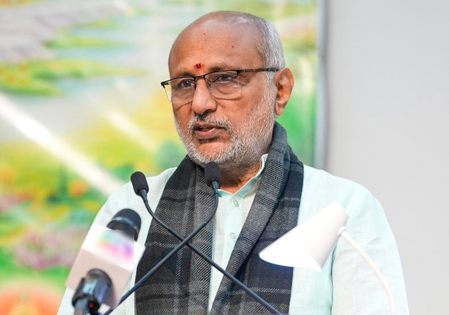
In 1959, seven Gujarati women embarked on a historic journey, defying societal norms and paving the way for an iconic brand cherished by Indians worldwide. Papad, a thin, crispy dough, has become an indispensable part of Indian cuisine and a popular snack with various toppings. This humble yet iconic snack originated in India and has traversed borders to captivate palates in neighboring countries and beyond. India, with its rich history, vibrant culture, and entrepreneurial spirit, has incubated businesses that began modestly but grew into leading players in their respective domains. This is the remarkable tale of seven women who founded a business with the aim of empowering other women and transformed it into a prominent FMCG (Fast-Moving Consumer Goods) company.
The Genesis Shri Mahila Griha Udyog Lijjat Papad, known as Lijjat, is an Indian-based organization that manufactures a range of consumer products. Its roots trace back to 1959 when seven women in Mumbai initiated this enterprise with a vision of empowering women by providing employment opportunities. With a mere initial capital of Rs. 80, the company achieved an annual revenue of over Rs. 1600 crore in 2019, as reported by Livemint. These visionary women include Jaswantiben Jamnadas Popat, Parvatiben Ramdas Thodani, Ujamben Narandas Kundalia, Bhanuben. N. Tanna, Laguben Amritlal Gokani, Jayaben V. Vithalani, and Diwaliben Lukka, as mentioned by Business Outreach.
Lijjat commenced as a small-scale urban business and later expanded into rural areas. It stands as one of the most remarkable female-led entrepreneurial ventures promoting women’s empowerment in India. The journey began on March 15, 1959, when these women gathered on their building’s terrace to start crafting four packs of papads. They initially sold these papads to a prominent businessman in Bhuleshwar. From the outset, these women resolved never to seek financial assistance or handouts, even in times of adversity. Within three months, 25 women joined the papad-making endeavor. Subsequently, they purchased utensils, cabinets, stoves, and other essential equipment for the business. Broken papads were shared with their neighbors.
Becoming a Multinational Force In 1968, Valod in Gujarat became the first branch established outside Maharashtra. Encouraged by the success of their papads, Lijjat diversified its product range to include items like khakhra, masala papad, vadi, wheat atta, and bakery goods. The 1970s saw Lijjat venture into the establishment of flour mills, a printing division in 1977, and a polypropylene packing division in 1978. Although they faced some setbacks with initiatives like agarbattis (incense sticks) and cottage leather, their standardized papads became a remarkable achievement. According to Livemint reports, 45,000 women across India produced 4.8 billion papads with consistent flavors.
Today, the Lijjat Papad Company operates 82 branches across 17 Indian states. The organization exports its products with the assistance of merchant exporters to more than 25 countries, including the United States, United Kingdom, France, Germany, Italy, Middle Eastern countries, Thailand, Singapore, Hong Kong, the Netherlands, Japan, Canada, Australia, South Africa, and many others.
The Lijjat Sisters Lijjat’s expansion goes hand in hand with the broader context of women’s empowerment. The organization has made concerted efforts to encourage member-sisters and their families to pursue computer literacy and education. On June 18, 1999, a literacy campaign for sisters was launched in Girgaum.
Jaswantiben Jamnadas Popat, one of the founders of the women’s worker cooperative Shri Mahila Griha Udyog Lijjat Papad, received the Padma Shri, India’s fourth-highest civilian honor, in the trade and industry category on January 26, 2021, from the Indian government.
ALSO READ




